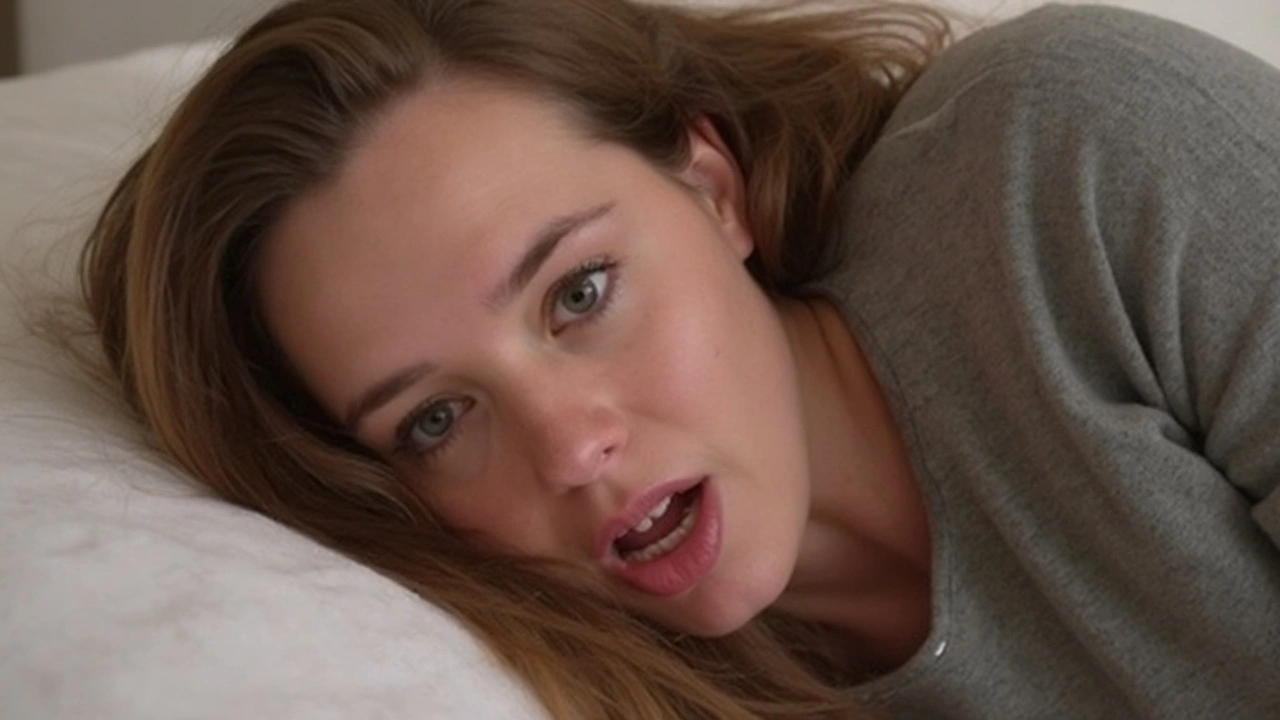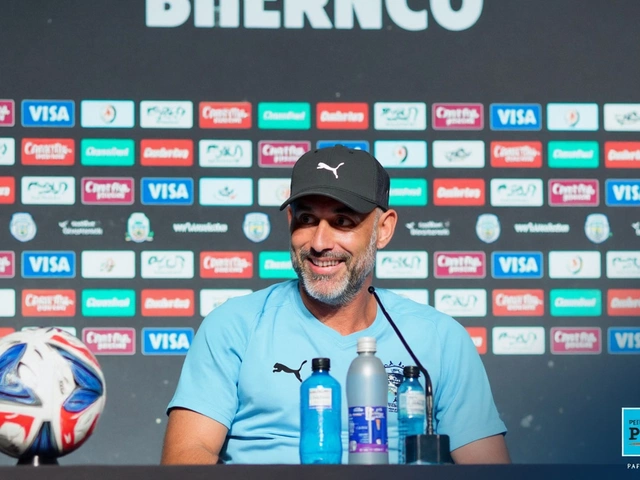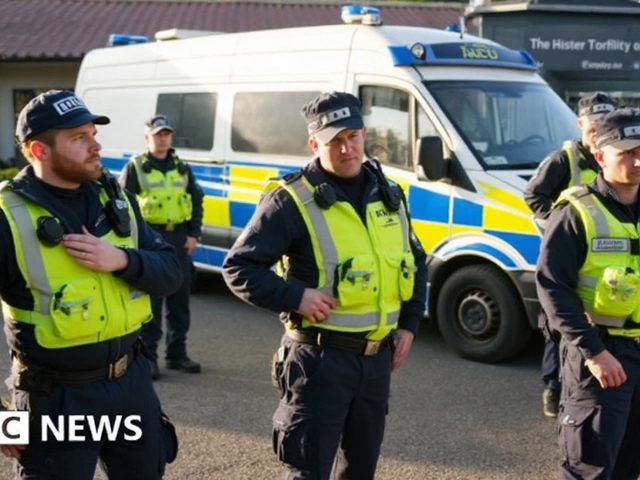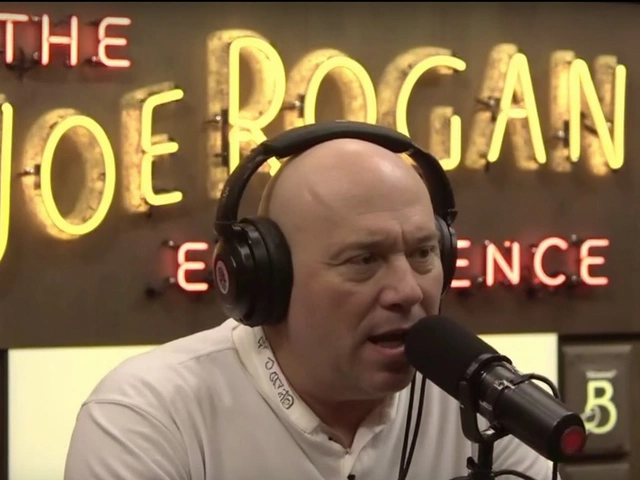Skin Cancer: What You Need to Know and How to Stay Safe
Skin cancer is the most common cancer in the United States, and New Yorkers aren’t exempt. Whether you’re coaching a youth team in Central Park or cheering at a stadium, the sun’s UV rays can cause serious damage if you’re not careful. The good news? A lot of it is preventable, and catching it early can save lives.
Spot the Signs – Early Detection Saves You Money and Time
The early signs are simple to remember: ABCDE – Asymmetry, Border, Color, Diameter, and Evolving. If a mole or spot looks uneven, has blurry edges, changes color, is bigger than a pencil eraser, or starts to grow, get it checked right away. Most dermatologists can see you in a week, and a quick exam often means a minor procedure instead of major surgery.
For athletes, the skin on the back of the neck, ears, and the tops of shoulders is especially exposed. Coaches should encourage players to do a quick skin check after every game or practice. A quick look in a mirror can flag a problem before it becomes serious.
Practical Sun Safety for Busy Lives
Here are five easy habits you can add to a hectic schedule:
- Wear sunscreen daily. Choose SPF 30 or higher, apply 15 minutes before heading out, and reapply every two hours, especially after sweating.
- Dress smart. Long‑sleeve shirts, wide‑brim hats, and UV‑blocking sunglasses cut out a lot of UV rays without making you overheat.
- Seek shade. Even on cloudy days, UV rays bounce off surfaces. Parking under a tree or using a pop‑up shade at outdoor events helps.
- Use sunscreen on kids. Young athletes often forget to reapply. Keep a travel‑size bottle in the team bag.
- Do a weekly skin self‑check. Stand in front of a mirror, run your fingers over your body, and note any new or changing spots.
These steps take less than five minutes a day, but they pay off with fewer doctor visits and lower skin cancer risk.
Remember, skin cancer isn’t just a problem for older adults. Even teens and young adults can develop it, especially if they spend a lot of time outdoors without protection. As a coach or sports enthusiast, you set the tone. If you wear sunscreen, your team will follow.
Finally, keep the conversation open. Ask your players if they’ve had any skin checks, and share resources from local health clinics. New York City offers free skin screenings in several community centers during summer months – a perfect add‑on to a weekend match.
Staying safe under the sun isn’t a sacrifice; it’s a smart part of any training routine. A few minutes of prep, a quick check after each game, and the right gear keep you in the game longer and healthier. Keep these habits in mind, and you’ll protect yourself, your family, and your teammates from skin cancer’s worst effects.
Kieran Lockhart, Feb, 16 2025
Danielle Lloyd Speaks Out About Her Skin Cancer Diagnosis
British model Danielle Lloyd has shared her personal battle with skin cancer, stressing how important it is to catch such issues early. On February 16, 2025, she encouraged everyone to be on the lookout for unusual changes in their skin and to seek medical advice promptly. Her story is a strong reminder of the increasing need for skincare education.
View More




